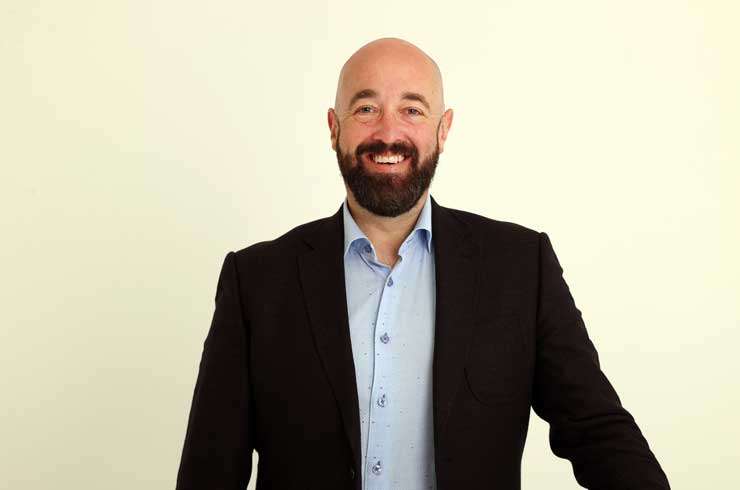ANALYSIS: If you’ve read a mortgage-related article in the past few months, you’ll know that getting a home loan has become trickier. The new CCCFA demands that the banks use your recent expenses as a forecast for how you will spend your money after you get a mortgage. In other words, if you haven’t been limiting your spending in the three months prior to applying, you may find it more difficult to get the mortgage you want.
However, if you have reduced your expenses right down to a realistic minimum, there’s one expense you might consider adding to your budget - career-related education.
As a return on investment, levelling up your career, and therefore your income, is usually very good. Not everyone is in a position to do it, either financially or logistically (extra education requires time that you may not have), but a one-time $5000 course that leads to a $20,000 per annum pay rise is a no-brainer.
Which training programme is right for you will, of course, depend on your circumstances. You may be aiming for a managerial position, a sideways step into a higher-paying competing company or a complete move into another career.
Start your property search
What is good to know is that every additional dollar you earn, after tax, can be put towards your mortgage affordability. The bank has already taken your expenses out of your current income so any additional income is usable for your mortgage. As a very rough estimate, an extra $9000 in your hand will allow you to borrow an additional $100,000 for your next home. This is subject to you having enough deposit but increasing your income (with no change to your expenses) should mean more savings towards your deposit in the meantime too.
There may be a tough pill to swallow here for employers and employees alike. With higher house prices and stricter lending criteria, the days of being loyal to an employer, even a good employer, that doesn’t pay you your true value may be over. If you could earn $10,000 more at a competing company but have stayed where you are out of loyalty, it’s time to recognise that this isn’t just costing you $10,000; it is costing you whatever capital gains come with owning a property every year.

Rupert Gough: “Career progression is not an instant fix to your mortgage problem.” Photo / Fiona Goodall
The first step is to talk to your employer about how you can progress in their company. Is there a management position in the pipeline and what would you need to do to be in the running for this? What is the salary for that position? Could they help with the cost of training for this role? If this makes you uncomfortable, remember it is far easier to retain an employee that knows a company’s systems and processes than hire a new one. Good employers should always try to keep and progress employees.
Career progression is not an instant fix to your mortgage problem - training could take over 12 months - but when you’ve reduced your expenses to a reasonable level, the only thing left to do to be able to afford a house is try to increase your income.
As a final comment, it’s important to note that a “side-hustle” probably won't count towards your mortgage affordability; at least for the first two years. In other words, the income needs to be a regular salary increase, not casual income like Uber-driving.
- Rupert Gough is the founder and CEO of Mortgage Lab and author of The Successful First Home Buyer.


















































































